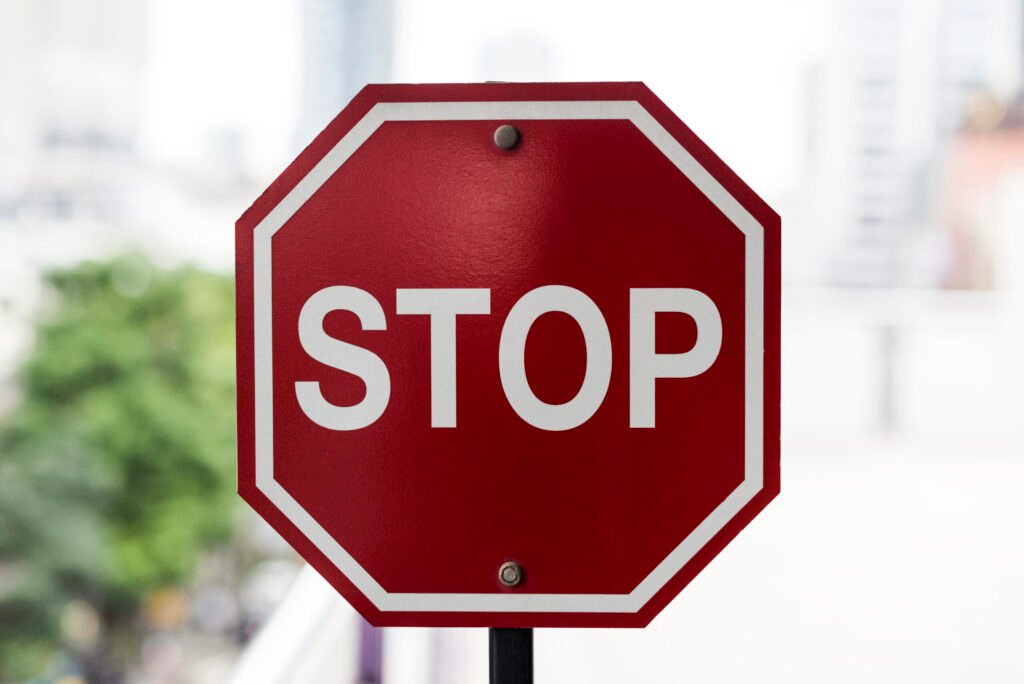Let’s be honest—most advice about stress feels overwhelming: meditate for 20 minutes, track your breathing, cut out caffeine, or quit social media. But if you’re already stressed, the last thing you need is more to do.
What if the real solution is changing how you think instead of what you do?
Psychologists are increasingly pointing to mental shifts as one of the most powerful, underused ways to reduce daily stress. These aren’t vague mantras or toxic positivity—they’re practical, research-backed ways to change your brain’s response to everyday pressure.
Here are 11 must-try mindset adjustments that will help you reduce daily stress, regain control, and feel more grounded—no therapy appointment or vacation required.
1. Reframe Stress as a Challenge, Not a Crisis

Stanford research shows that your perception of stress can shape how it affects your health. If you view stress as something that prepares you—rather than breaks you—it activates the brain’s resilience systems and helps reduce daily stress responses.
Embracing stress is more important than reducing stress, Stanford psychologist says
2. Think in Micro-Movements, Not Massive Solutions
When overwhelmed, don’t try to fix everything. Ask yourself, “What’s the next best thing I can do right now?” This tactic short-circuits analysis paralysis and can reduce daily stress in less than five minutes.
3. Say “I Don’t” Instead of “I Can’t”
A 2012 study showed that saying “I don’t” instead of “I can’t” increases feelings of empowerment and control. “I don’t work past 7 p.m.” makes you the decision-maker—this mindset can quietly reduce daily stress over time.
4. Adopt a Seasonal Mindset
We’re taught to treat life like a sprint. But humans work in seasons. Label the phase you’re in: “This is a season of learning,” or “I’m in a healing season.” Naming it helps you manage expectations and reduce daily stress caused by unrealistic demands.
5. Turn Obligations into Opportunities
Try this mental switch: Change “I have to” into “I get to.” It may seem small, but saying “I get to attend this meeting” instead of “I have to” shifts your frame into one of gratitude. Gratitude is proven to reduce daily stress and anxiety.
6. Use the 90-Second Emotion Rule

According to neuroscientist Jill Bolte Taylor, emotional reactions only last 90 seconds unless you fuel them. When stress hits, don’t react. Let the chemical surge pass—this alone can reduce daily stress almost instantly.
7. Ask Yourself: “What’s Most Likely?”
Catastrophic thinking sends your stress levels soaring. Interrupt it with a reality check: “What’s the most likely outcome here?” Grounding yourself in logic helps your brain reduce daily stress responses to perceived threats.
8. Use the 10-10-10 Method
From decision-making to regret management, the 10-10-10 rule asks:
- How will I feel about this in 10 minutes?
- In 10 days?
- In 10 months?
It forces perspective, helping you instantly reduce daily stress tied to short-term drama.
9. “Name It to Tame It”
Simply naming your emotion—“I’m feeling anxious”—activates the prefrontal cortex and calms the amygdala. According to UCLA research, this can rapidly reduce daily stress and improve emotional regulation.
10. Use Visual Pattern Interrupts (Like a Stop Sign)

When you catch yourself spiraling, visualize a red STOP sign or say “STOP” out loud. CBT therapists use this to break negative thought loops, and it’s surprisingly effective at helping people reduce daily stress in real time.
11. Ask: “What Can I Learn from This?”
Instead of asking “Why me?”, ask “What is this teaching me?” This shift from victim mode to growth mindset increases resilience and helps you reduce daily stress long-term by finding purpose in pressure.
🧠 Why Mental Shifts Work Better Than Productivity Hacks
Many stress tips are based on doing more or organizing better. But research increasingly shows that how you interpret and respond to stress has more impact than your circumstances themselves.
That means the real secret to reduce daily stress might be less about managing your time and more about mastering your thoughts.
🏁 Final Thoughts: Try One Shift Today
Stress will always be a part of modern life—but how you respond to it is up to you. These mental shifts are simple, powerful tools that help you reduce daily stress without adding more to your plate.
Start with just one. Maybe it’s the “90-second rule,” maybe it’s replacing “I have to” with “I get to.” Whichever one speaks to you, try it today—and watch how your stress response starts to shift.

















